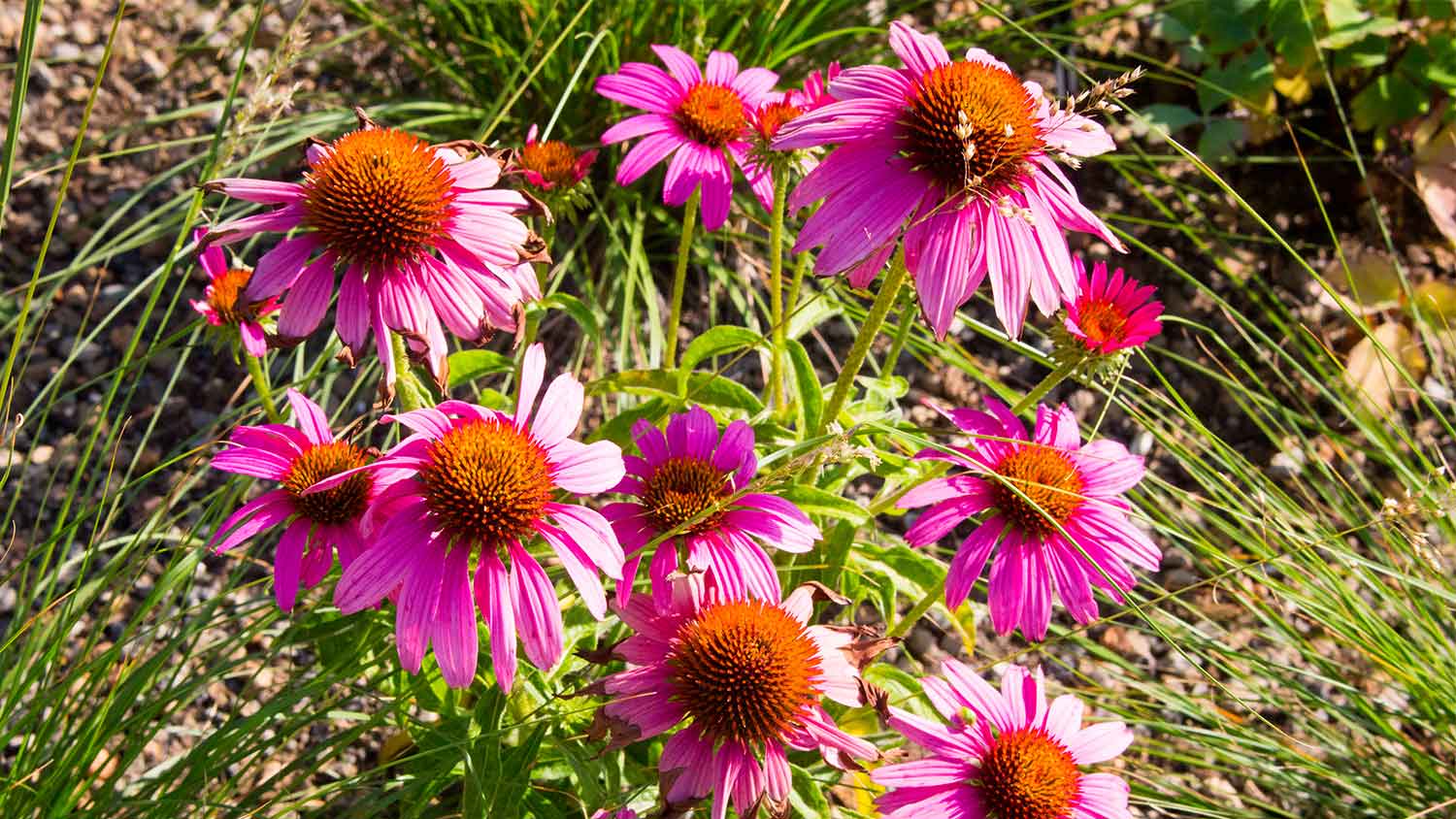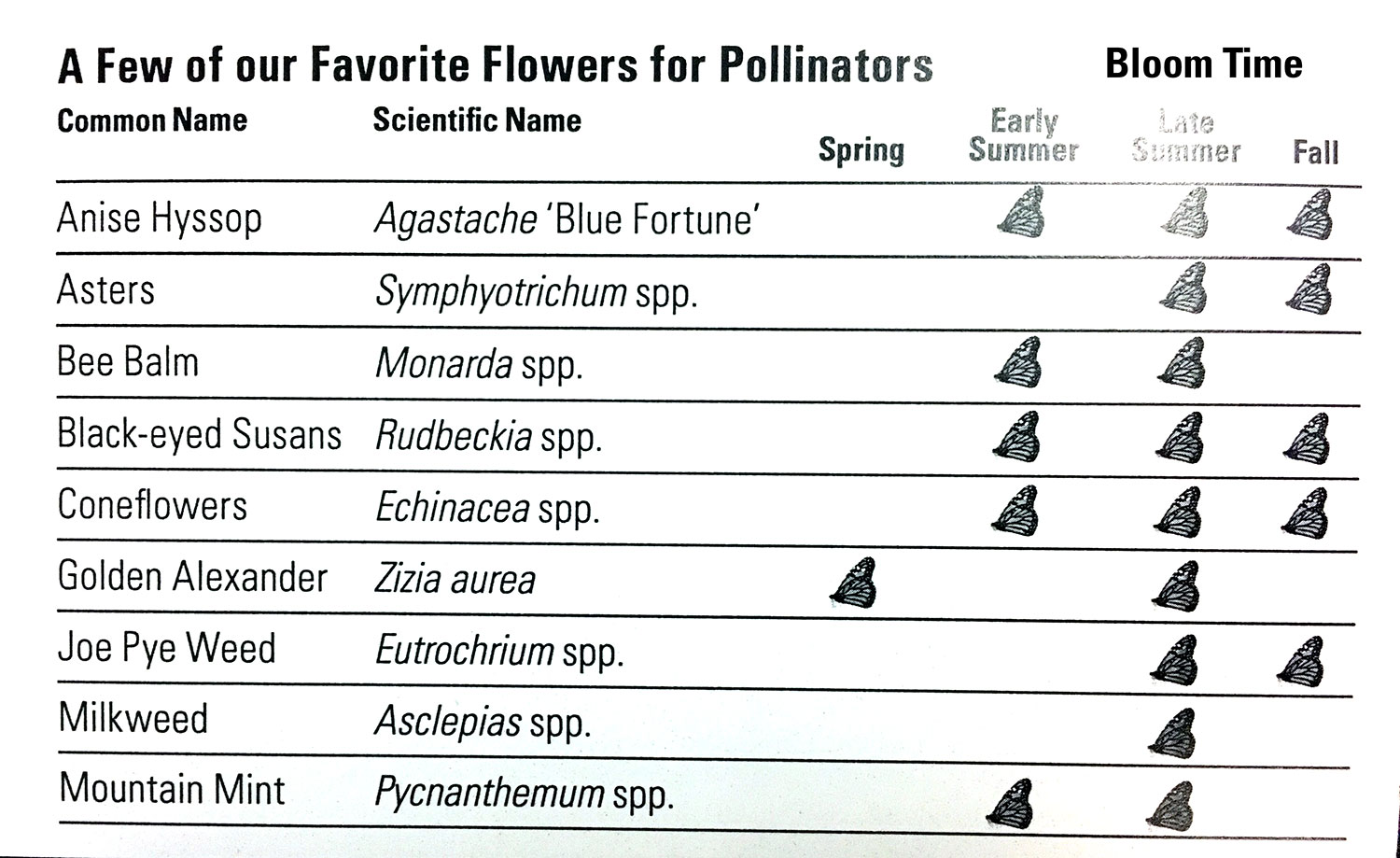‘Bee’ A Pollinator Protector In Your Garden

NC State Horticultural Science faculty member Anne Spafford shares her advice on how your own garden can protect pollinators such as bees.
- Incorporate many different kinds of flowers to support a variety of pollinators.
- Avoid flower cultivars with so many petals that bees can’t access pollen or nectar.
- Plan for bloom times from early spring through frost (late summer is most critical).
- Provide habitat, like ornamental grasses, for cavity-dwelling bees that overwinter in the stems.
- Leave some bare ground in the garden for ground-nesting bees (a good place is under woody plants).
- Bees get thirsty, too — provide a watering station such as a birdbath filled with rocks so they can hydrate safely.
- Any size pollinator garden helps. You will have the best results with a pollinator garden in sun.
- Avoid using pesticides.
Consider using these plants, which are well-suited for North Carolina’s climate:

- Categories: